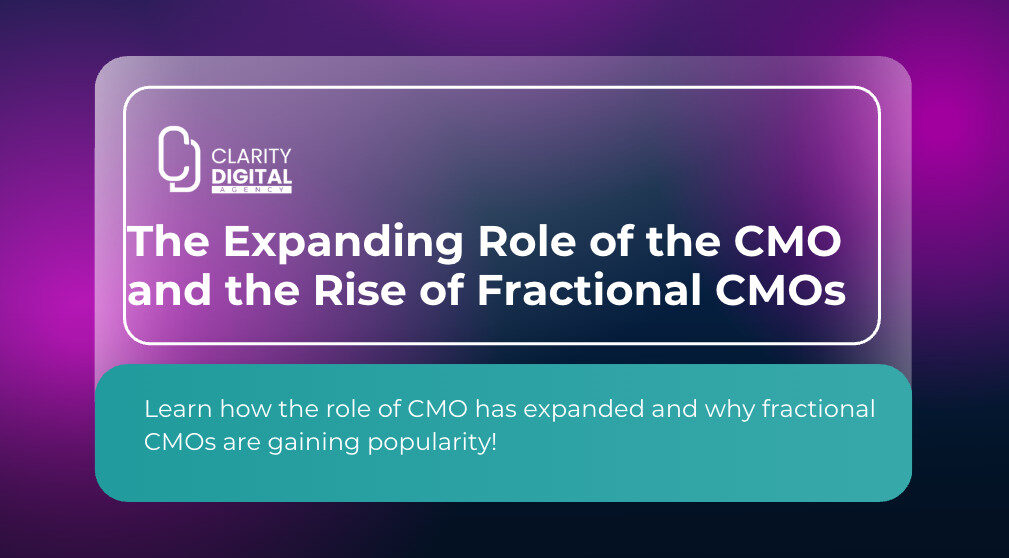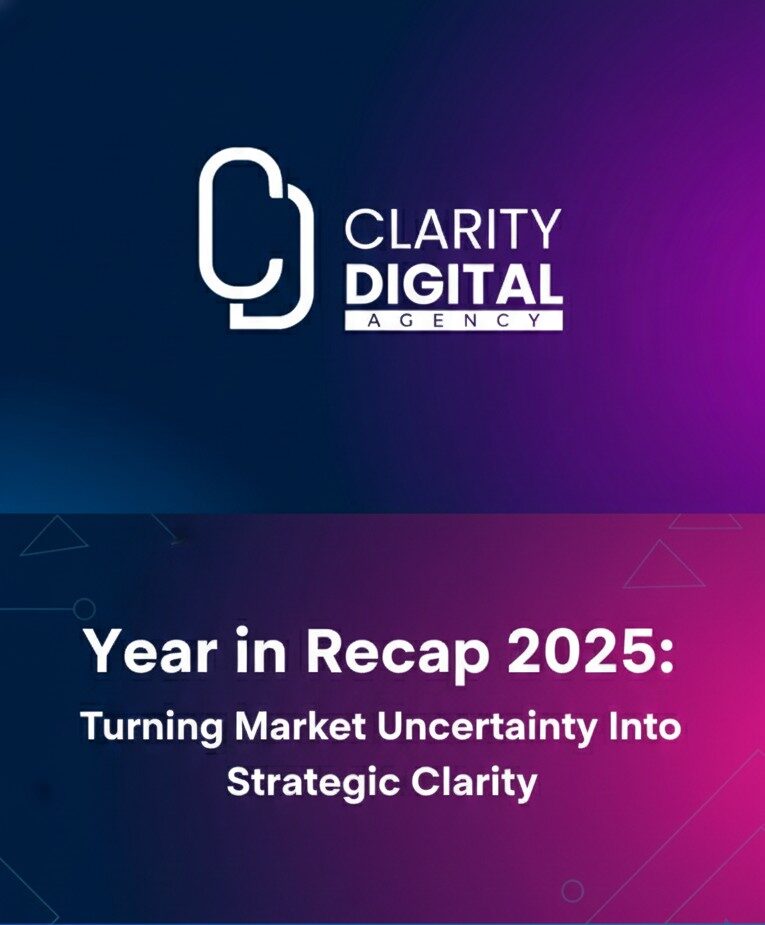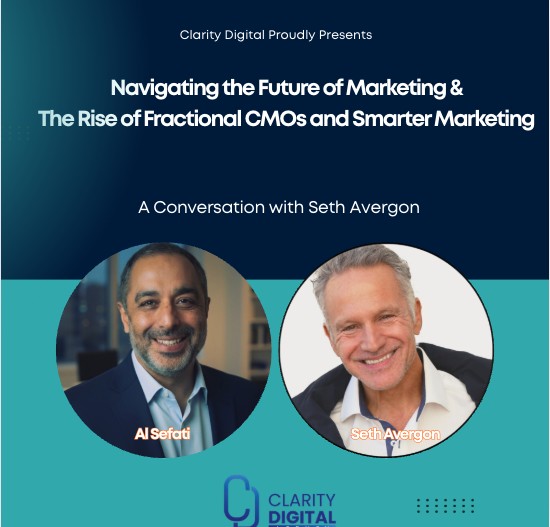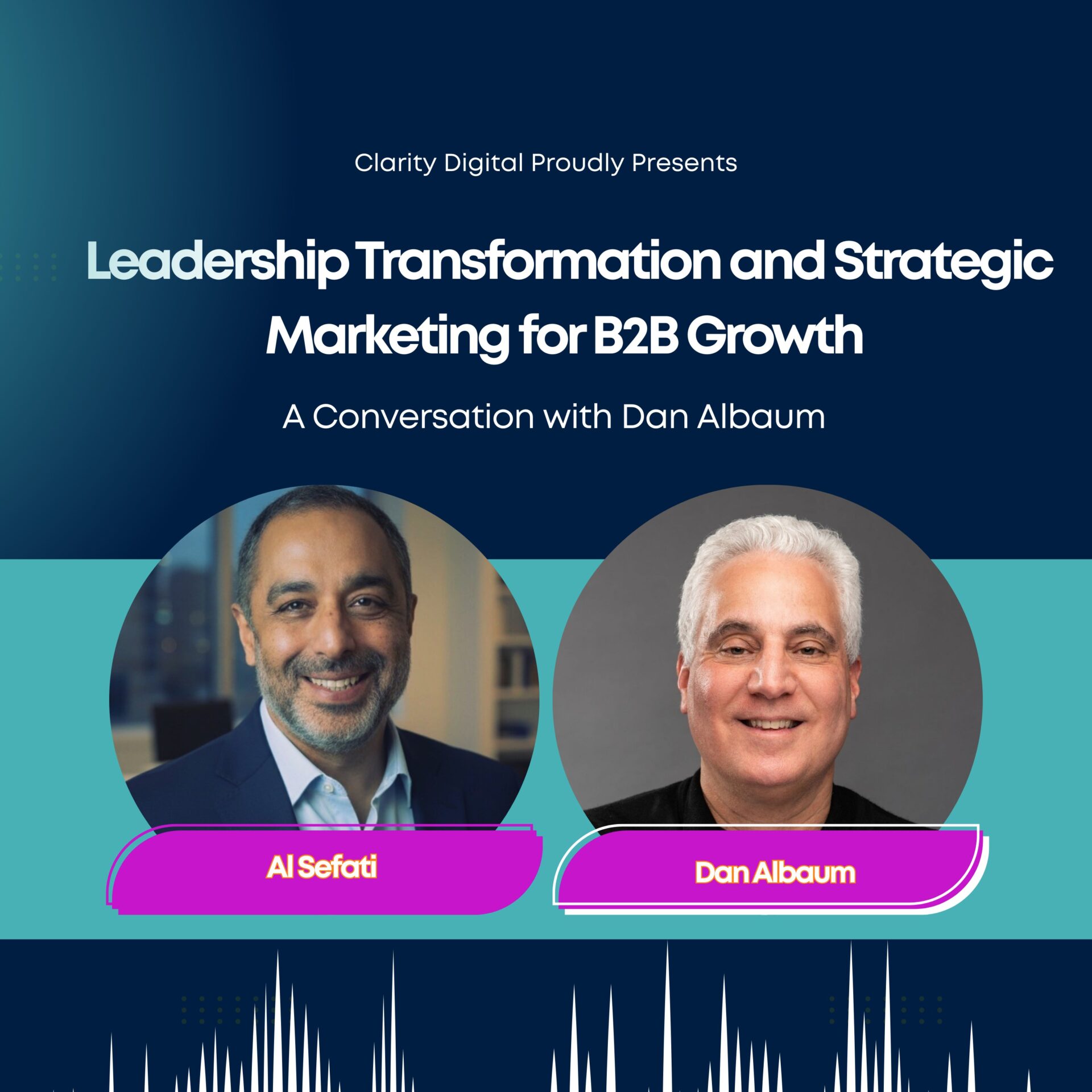The role of the Chief Marketing Officer (CMO) has transformed significantly over the past decade. The CMO’s responsibilities have evolved far beyond brand management and creative campaigns, encompassing a more dynamic and strategic scope that prioritizes revenue generation, digital transformation, and customer success. The modern CMO is no longer just a marketer; they are a growth architect, a technological innovator, and a key initiator of business impact.
Understanding how the role has expanded and why fractional CMOs are gaining popularity can help businesses make informed decisions about their marketing leadership.
How the Modern CMO Role is Changing
Traditionally, CMOs focused on brand strategy, agency management, and creative execution through channels like TV, print, or radio. Despite its effectiveness at the time, this singular view of marketing has become outdated.
Today, customers demand personalized experiences, and businesses need measurable outcomes. This is where the role of the CMO has shifted dramatically. CMOs now operate at the intersection of marketing, technology, and strategic business leadership, tackling complex tasks such as:
- Designing omnichannel customer experiences.
- Leveraging data for precision-targeted campaigns.
- Driving contributions to revenue and business growth.
With the advent of new tools like artificial intelligence (AI) and marketing technology (MarTech), CMOs are increasingly accountable for optimizing activities that directly translate to customer lifetime value and higher returns on investment.
From Brand Custodian to Growth Driver
The transformation of the CMO role centers around their growing influence in business growth initiatives. Modern CMOs are more than cost center managers; they are drivers of revenue. Marketing is no longer simply about raising awareness but also about creating strategies that produce quantifiable financial outcomes.
By integrating digital-first marketing strategies, CMOs are now pioneering cross-departmental approaches that unify creativity, data analytics, and technological innovation to deliver sustainable growth.
Essential Skills of the Modern CMO
Given the shifting dynamics of the role, today’s CMO must wear multiple hats, all while staying agile in an evolving landscape. Here’s a closer look at the critical attributes that define a successful CMO:
- Strategic Visionary
CMOs craft forward-looking strategies that align with long-term business goals.
- Data-Driven Decision Maker
They rely on analytics to measure marketing success and optimize performance rather than instinct or tradition.
- Digital Transformation Leader
CMOs oversee the adoption of advanced MarTech solutions to streamline marketing workflows.
- AI Innovator
They integrate AI-powered tools for tasks like predictive analytics, personalized content, and automated campaigns.
- Cross-Functional Collaborator
CMOs drive organizational alignment by bridging gaps between marketing, sales, technology, and customer success teams.
The Rise of Digital Transformation in Marketing
A pivotal responsibility of the modern CMO is championing digital transformation. This means integrating technologies such as AI, automation, and predictive analytics to redefine marketing strategies.
AI’s Impact on Modern Marketing
The implementation of AI has significantly changed the marketing landscape. CMOs can use AI to:
- Conduct predictive analytics that forecast customer behavior.
- Personalize marketing strategies at scale to enhance engagement.
- Automate repetitive tasks, such as email campaigns, with AI-driven tools.
- Optimize ad spend by analyzing real-time data to maximize ROI.
AI doesn’t just improve efficiency; it also empowers CMOs to focus on higher-level strategic initiatives, allowing marketing teams to deliver innovative, differentiated experiences.
Building a Modern Marketing Team
A CMO’s success heavily depends on the strength of their team. The modern marketing department combines creativity with data science to craft impactful campaigns that drive measurable outcomes. Below are the key functions within today’s marketing teams:
- Digital Marketing – Enhances visibility through SEO, paid media, and social media strategies.
- Creative – Develops visually compelling brand assets and storytelling campaigns.
- Demand Generation – Fuels growth through customer acquisition and lead generation.
- Content Marketing – Creates valuable, SEO-driven content for audience engagement.
- Marketing Operations – Manages MarTech platforms, tracks success metrics, and ensures team efficiency.
- Sales Enablement – Provides sales teams with tools, content, and insights for successful conversions.
- Customer Retention – Works closely with customer success teams to deepen loyalty and reduce churn.
These roles must work cohesively to drive enterprise ROI and position marketing as a strategic growth engine.
The Fractional CMO Advantage
Not all businesses require a full-time CMO. For many companies, particularly small to mid-sized organizations, hiring a fractional CMO can offer the expertise and leadership needed without the expense of a permanent, high-level hire.
What Is a Fractional CMO?
A fractional CMO is an experienced marketing leader who works on a part-time or project-based basis. They can step in during critical periods of growth, transformation, or transition to provide scalable solutions that align with business strategies.
Benefits of a Fractional CMO
- Cost-Effective Expertise
Companies gain access to leadership skills without the financial commitment of a full-time CMO.
- Strategic Flexibility
Fractional CMOs can oversee specific initiatives, such as a digital transformation or new product launch.
- Quicker Adaptation
The external perspective of a fractional CMO enables organizations to quickly identify inefficiencies and adapt to market changes.
At Clarity Digital Agency, our team of fractional CMOs specializes in helping businesses optimize their marketing strategies while navigating challenges like AI integration, brand expansion, and digital transformation.
Elevate Your Marketing with Clarity Digital’s Fractional CMO Services
The role of the Chief Marketing Officer is more vital than ever. Today’s CMOs shape an enterprise’s entire approach to customer engagement, digital evolution, and measurable business growth. And while AI and automation are making marketing more complex, they are also unlocking unparalleled potential.
If your organization is ready to elevate its marketing strategy but doesn’t require a full-time resource, a fractional CMO could be the ideal solution. Expert leadership, tailored to your needs, ensures that your company stays competitive in the evolving marketplace.
Are you ready to transform your marketing efforts? Contact Clarity Digital Agency today to learn how our fractional CMO services can propel your business forward!





